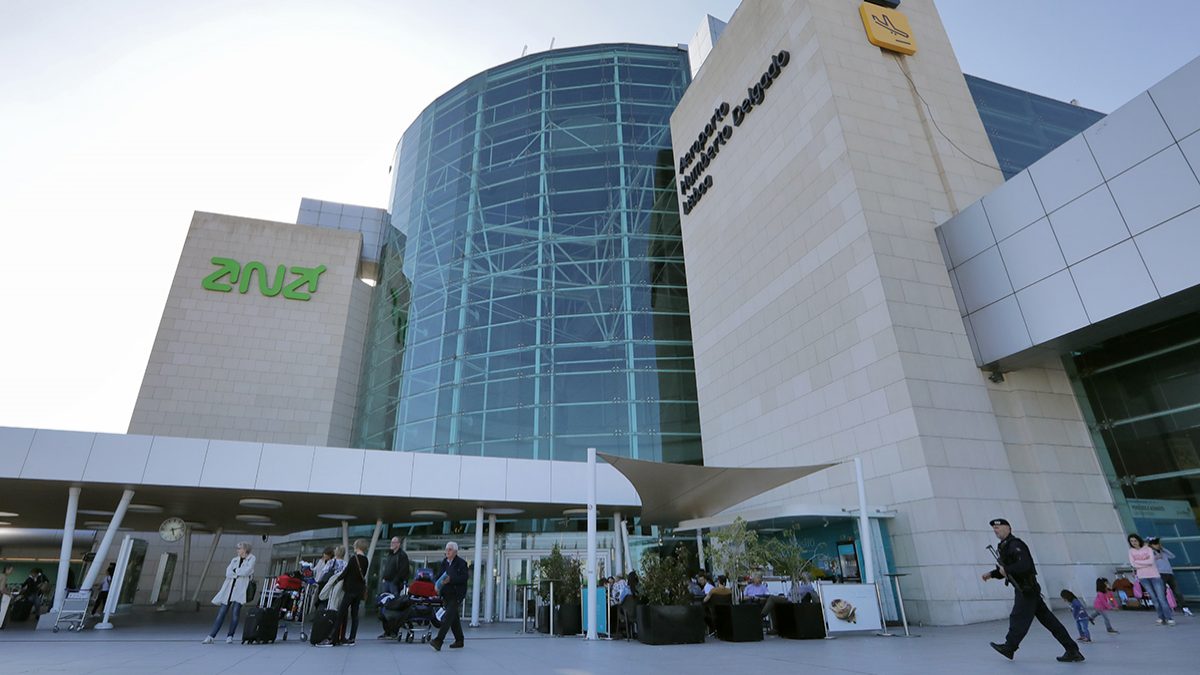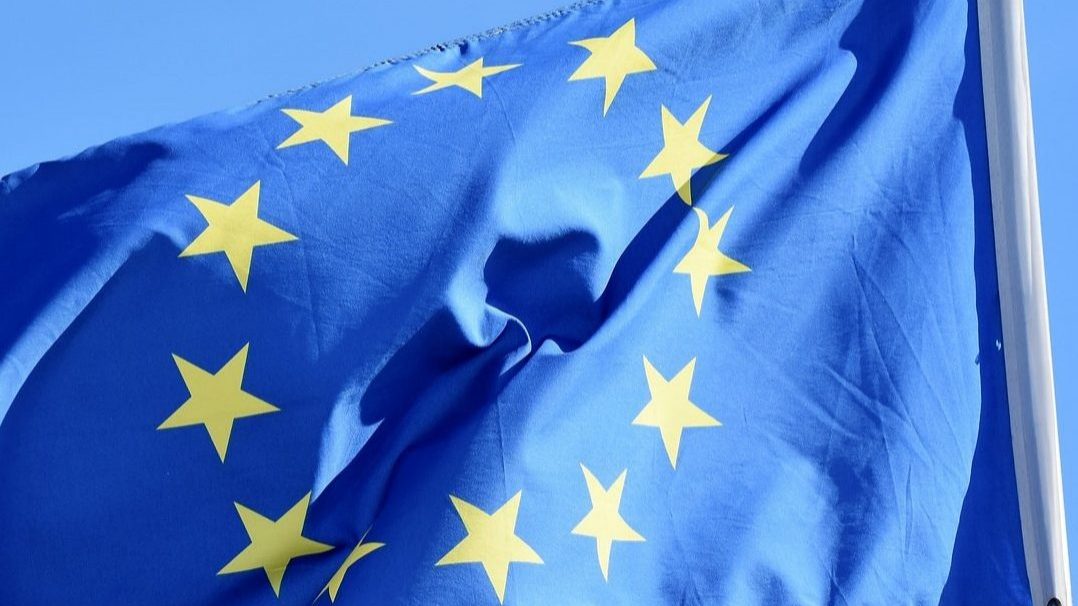State spent €2.5B to support economy in pandemic in 2020
The country spent a total of €2.558.6 billion in state aid to support the economy due to the Covid-19 pandemic, according to the European Commission.
Portugal spent, in 2020, a total of €2.558.6 billion in state aid to support the economy due to the Covid-19 pandemic, corresponding to 72.9% of the total public support in that year, above the European average.
The data are contained in a 2021 evaluation of state aid measures adopted in the European Union (EU) to address the impacts of the pandemic, released on Thursday by the European Commission, in which it is indicated that “in 2020, Covid-19-related expenditure for Portugal amounted to €2.558.6 billion, or 72.9% of total state aid expenditure”.
This percentage compares with state aid expenditure related to Covid-19 at the EU-27 level of 59.3%.
In addition to this percentage of 72.9% directed by Portugal to “remedy a serious disturbance in the economy”, public support for regional development, equivalent to 14.4% of the total, as well as aid for small and medium-sized enterprises and venture capital (5.1%) and for research and development (3.3%) stand out in the country, in a total of 94 state aid measures adopted in 2020.
According to the report from the EU executive, in 2020, member states (plus the UK, which was still taken into account for these figures) granted €384.33 billion under state aid measures, of which €227.97 billion targeted the pandemic, to support severely affected companies.
The European Commission’s conclusion is that such figures reveal “the crucial role of state aid policy in preserving a fair single market, while allowing member states to support companies in times of acute and unforeseen crisis”.
In total, between 2010 and 2020, Portugal spent €13.8 billion on state aid, the institution adds.
In March 2020, due to the effects of the pandemic on the economy, the European Commission adopted a temporary framework to facilitate state aid, an initiative that has broadened the support that member states can give to their economies, normally prohibited by EU competition rules, which translates into loans with state guarantees, subsidies, among others.


